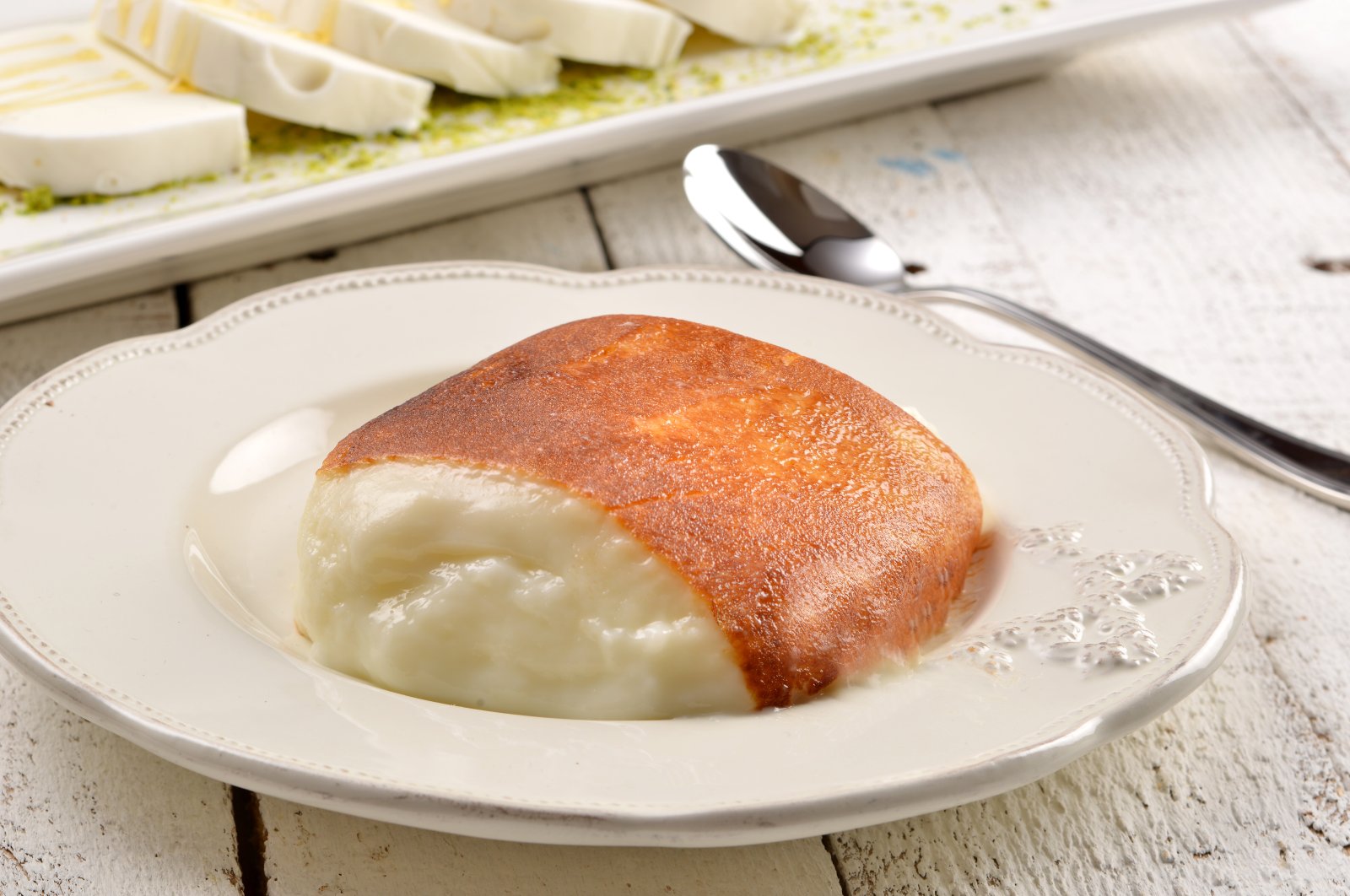
Desserts with syrup should be avoided during Ramadan, according to dieticians, as milk desserts or dried fruits following iftar would be healthier in terms of both nutritional value and calories.
Noting that the consumption of sweets increases during Ramadan compared to other months, Yozgat City Hospital Dietician Buse Ünsal emphasized that it is normal to experience sugar imbalances in this month due to low blood sugar because of prolonged hunger.
Explaining that breaking the fast with two dates in iftar will both balance blood sugar and prevent sugar imbalances post-iftar, Ünsal noted dessert consumption is generally increased during Ramadan.
"In this period, the increase in consumption of sweets is a physiological situation because blood sugar levels tend to decrease owing to a long-term deficit, and we may experience sugar imbalances," the health professional said.
"It is important that we change our dessert preferences, especially milk desserts and fruit desserts, instead of sherbet and pastry desserts, in order to cope with the sugar imbalances. Preferring milk desserts such as güllaç, rice pudding, pudding or ice cream will be healthier alternatives both in terms of nutritional value and calories," said Ünsal.
Ünsal also advised that desserts should be consumed a couple of hours after iftar.
"It is important that we consume desserts at least one to two hours after the meal. We should keep the intake of sherbet desserts and pastry desserts very low. Consumption of sweets should be limited to twice a week, and it is important that we prefer low-sugar fruit compotes, especially at iftar when we must not consume lots of sweets," Ünsal advised.
